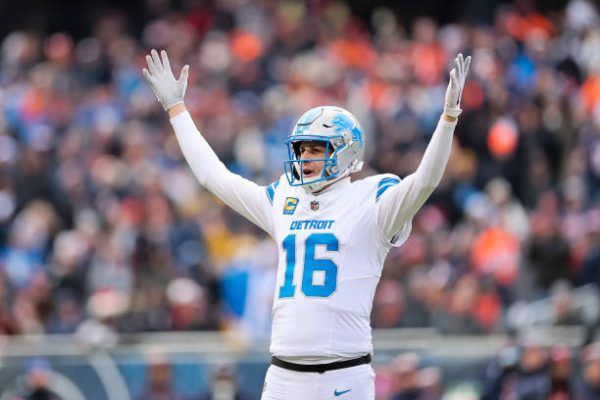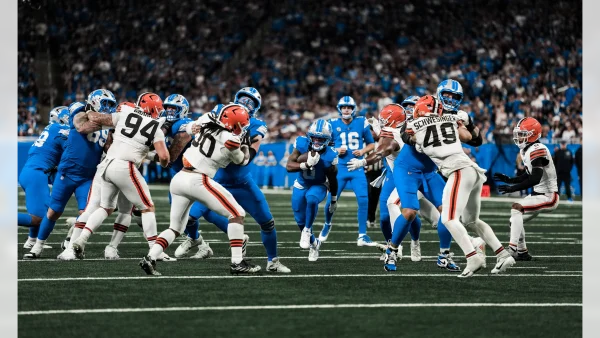Revisiting a league issue, policy
In 2006, NBA commissioner David Stern instituted a one-year rule that barred high school players from entering the league until they had spent one year out of high school. Stern and his cohorts made this decision for a few reasons, most of them monetary.
According to Stern, if the big name players were forced to spend one year at the college of their choice, then college hoops would reap major benefits from showcasing top talent. The players would benefit from having spent a year in college learning from coaches and supposedly would have an easier time transitioning to the pros. The NBA would benefit because the players entering the draft would already have name recognition from their time as a star in college.
At first glance it looks as if the implementation of the one-year rule has been a success. Players like Michael Beasley and O.J. Mayo, among others, seem to have made college basketball more popular than before. But are they in fact ruining the game?
North Carolina’s national championship team last year was everything that is right in college basketball. UNC lost badly in the Final Four the year before. Nobody would have blamed Raymond Felton, Tyler Hansbrough, Wayne Ellington and Danny Green if they chose to leave early for NBA riches. Yet they all agreed to come back with the single goal of winning a national championship.
That is, in a sense, what college basketball is all about. Those four players put their team’s aspirations before their own individual NBA dreams. What college basketball is becoming is quite the opposite.
Players only go to teams like USC and Kansas State because they know they will be a star and figure they will only be spending one year there anyway.
Was Kansas State really better off because Beasley spent one year there? The Wildcats didn’t make the NCAA tournament that year. Was Beasley really more ready for the NBA because he spent a year at Kansas State? He was fined $50,000 for a “marijuana related incident” his rookie year. Last August he checked into a rehabilitation clinic in Houston for an undisclosed reason. It would be interesting to know what Beasley was like before he spent a year “maturing” at Kansas State.
The one-year rule may have made college basketball more money for all the Kevin Durant jersey sales, but it’s not accomplishing any of its other goals and is ruining the tradition of college basketball in the meantime.
Coaches no longer have to worry about building up their programs. One big-time high school recruit is enough to launch a team into contention.
Kentucky’s John Wall is destined to be the first overall pick in the NBA draft this summer after just a year in college. His bags will hardly be unpacked by the time he says goodbye to coaches and fans in Lexington.
The National Football League requires potential draftees to have been out of high school for three years. College football players have accepted the rule and the sport has benefited greatly from keeping its best players around. The promise of future money in the NFL is still there, allowing them to enjoy the game and their college experience. The benefits have been two-fold: Players care deeply about the collegiate competition while at the same time tend to mature in a way that makes the NFL lifestyle easier to handle.
The NBA should take the rules that the NFL enforces and apply them to their league with a twist. Why force players who are clearly ready for the world-class competition and 82-game schedule to play one insignificant season in college and potentially put their careers on the line? Have the players decide; if they wish to go straight to the NBA out of high school then they should be allowed to. If they wish to go to college then they should be required to spend at least three years playing devoted basketball to the program of their choice.
The thing that once made college basketball exciting and refreshing was the fact that players really cared about each other and the tradition of the school they played for. What used to be a sport rich in tradition played for bragging rights and pride is being marginalized by players looking for one year in the spotlight and coaches looking to those players get them a four and five year contract extensions.




